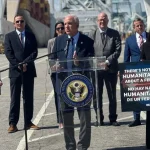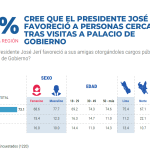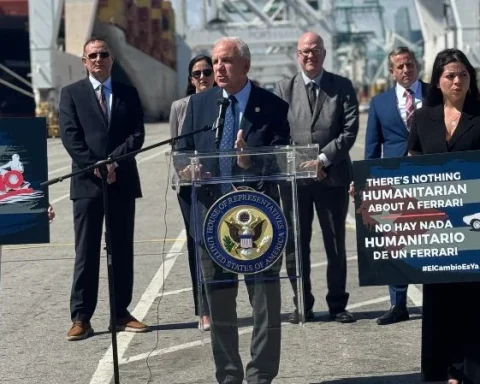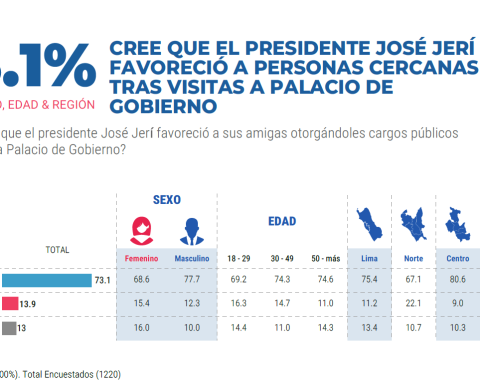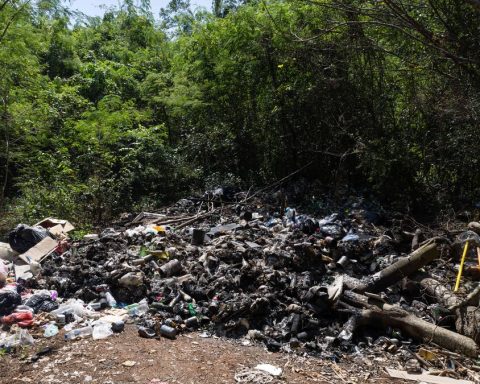M
More than concern, humanity lives days of deep anguish due to what is happening in Ukraine. Impossible to predict how it will all end. The only predictable thing is that, whatever happens, it will end badly. The scenario will never be the same. Since the 1962 crisis between Washington and Moscow, when the Soviets installed military bases in Cuba, there has been no such tension.
Brazil is no stranger to what is happening on the other side of the planet. The crazy and inept attitudes of the unbalanced far-right Jair Bolsonaro, the worst president in history, about Ukraine, do nothing but consolidate the country’s isolation on the international stage.
But the fact that we now find ourselves in a situation of global pariahs does not make us ignore what is happening in Brazil that Bolsonaro unlimitedly destroys every minute of every hour of his life.
A recent study by the Anti-Defamation League shows that Brazil is currently the country where the number of far-right groups is growing the most. Since 2018, the year Bolsonaro was elected president, that number has grown 300 percent, compared to 10 percent growth in central and eastern European nations.
For the Observatory of the Extreme Right, a group that brings together academics from 10 Brazilian and foreign universities, these extremist cells are concentrated in the states of São Paulo –the richest and most populous in the country–, Rio de Janeiro, Santa Catarina (where the Bolsonaro’s popularity remains untouched) and Rio Grande do Sul.
They are nothing less than 530 cells. A study coordinated by Professor Adriana Dias, from the highly prestigious University of Campinas, in the interior of São Paulo, divided these groups into different categories, ranging from Hitlerite/Nazi to white ultra-nationalism, passing through radical Catholicism and fascism.
Several studies carried out in Brazil and abroad clearly indicate that since 2018 the country has become the place where the extreme right is growing the most, and that the phenomenon is directly linked to Bolsonaro’s rise to power.
Right now, the polls related to the October elections make it clear that at least 15 percent of those interviewed are from the extreme right, and not only for declaring an irreducible vote for Bolsonaro, but for their observations related to what they expect in the event that he achieves reelection.
The growth of those who came out of the closet to show themselves clearly extremists of conservatism began earlier, on the eve of the institutional coup that removed President Dilma Rousseff in 2016. But that movement was still timid and limited.
Already in the 2018 campaign, with racist, homophobic and clearly extremist statements, Bolsonaro granted a kind of license for these groups to come out into the sunlight. And those communities are growing at high speed, mainly through social networks.
It is easy to see this growth, as well as the expansion of contacts with groups around the world, especially in Poland and Hungary, but also in Spain and Portugal.
Academics who study the phenomenon assure that the extreme right is consolidating in Brazil and that the majority tries to articulate around Bolsonaro, while strengthening ties abroad.
Although the current president is defeated at the polls in October, as the electoral polls indicate in unison, nothing suggests that this extreme right will lose weight and space. On the contrary, it will be able to become more radical and more active.
Meanwhile, they widely use the social network Telegram, which has around 50 million users around the world and does not exercise any control over what is published and broadcast. His action has a special influence on Brazilian youth.
In the specific case of Rio de Janeiro, the scenario gains airs of special concern. There are clear signs of rapprochement between Nazi groups and the so-called militias
gangs of hitmen made up of police officers or former police officers who control a substantial part of drug trafficking.
If, along with such rapprochement, it is recalled that, since he became president, Jair Bolsonaro has expanded access to weapons in an unprecedented manner, even those previously very limited to the armed forces, the reasons for concern grow.
And there are no signs that this movement, which – it is worth reiterating – is growing more in Brazil than in the entire planet, is losing its strength.
Poor country, mine.






